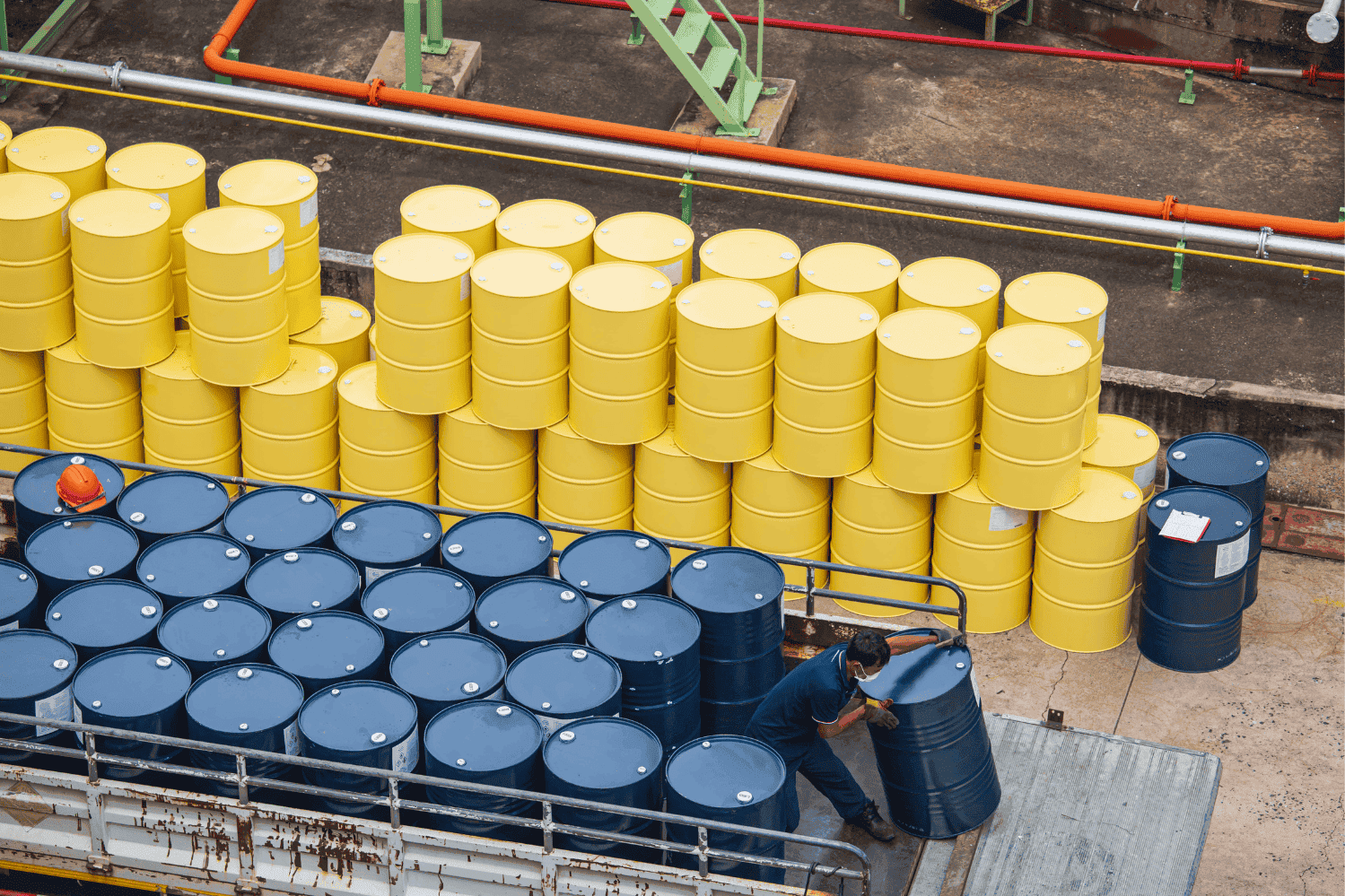Ethanol Production and Government Policy

Introduction
Ethanol can be referred to as a biofuel which is a renewable resource like sugarcane and other agricultural products and has accomplished prominence across the globe as an alternative to traditional fossil fuels. In India, the production of ethanol has observed fundamental advancement in recent years driven by the concerns of the environment and the policy initiative of the government. The food ministry has issued an order to reverse in the ban on the use of sugarcane juice which is used for the production of ethanol and allowed the usage of the juice as well as B-heavy molasses for producing ethanol in the supply year of 2023-24.
Overview
Ethanol is usually referred to as a cleaner and more sustainable fuel in comparison to conventional fossil fuel. It's using the emissions of greenhouse gases and reliance on non-renewable resources. Amalgamating gasoline with ethanol, it also facilitates the security of energy and mitigating the environmental implications of transportation.
Production Ban
- The government has banned and provided regulations regarding global sugar Mills and discharge and has been asked to supply ethanol strictly as per the revised rules and regulations as the quantity of cane juice and B-heavy molasses.
- All molasses-based distilleries usually endeavour to produce ethanol from C-heavy molasses.
- It is also that approximately 6,000 tonnes of sugar were diverted for making ethanol from sugarcane juice before it was banned.
- It is significant to note that the production of sugar also declined to 32.3 tonnes - 33 tonnes which was approximately 37.3 million tonnes in 2022-23.
Government Policies
The Government of India has adopted multiple initiatives and policies to enhance the production and consumption of ethanol. One of the major strategies is the Ethanol Blending Program (EBP), which aims to blend ethanol with petrol in order to reduce the Reliance of the country on imported crude oil. The government has also set a particular target for blending Ethanol progressively enhancing the percentage in the coming years.
It is significant to note that the central government is focusing on accomplishing the energy security of the nation with a target of minimising the dependence on imports by adopting biofuels as one of the significant measures. The “Indian government has amended the Industries (Development & Regulations) Act, 1951” which has legislation and distinctive control of denatured ethanol by the Indian government for smooth movement of Ethanol within the country. It has also reduced the goods and services tax on the import of ethanol from 18% to 5%. For the supply of Ethanol in the year 2018-19 following raw materials apart from C-heavy molasses were permitted for the production of ethanol.
Roadmap for Ethanol Blending in India
The “roadmap ethanol blending in India” can be referred to as an annual plan to enhance domestic production of ethanol in line with the target of the amended National Policy of Biofuel (NPB) as well as ethanol branded petroleum program for reaching a “blending of approximately 20% of ethanol by 2025-26.”
The roadmap is responsible for proposing that the production capacity of ethanol must be raised from the current 700 to 1500 crore litres. It also needs to roll out E-20 material-compliant and E10 engine-tuned vehicles from 2023.
Flexible Feedstock Policy
- Identifying the significance of diverse defined feedstocks for the production of Ethanol the government has adopted a flexible methodology. While sugarcane remains a major source, policies have been formulated to encourage the usage of other feedstocks like rice, biomass and so on. It not only ameliorates the production of ethanol which is sustainable but also minimises the burden on specific crops.
Conclusion
The production of Ethanol in India is driven by the policies of the Government and several initiatives are also observing a transformative phase. The focus on energy securities and environmental consumption in sustainability has positioned ethanol as a major player in the energy landscape of the country.
FAQ
What will be the requirement of Ethanol in India?
“The National Policy on Biofuels” announced in 2018 has a purpose to enhance the biofuels promotion with indicative goals of “accomplishing 20% blending of petroleum and 5% in diesel within 2030.”
Mention Schemes of the Indian Government for supporting Ethanol Production.
The Indian government has launched the scheme of “PM JI-VAN Yojana” to offer financial support to integrated ethanol projects utilising “lignocellulosic biomass” and other major livestock. The target of the scheme is to support “10 demonstration scale and 12 commercial scale 2G ethanol projects.”
Whether foreign investors allowed to avail of benefits under the PM JI-VAN Yojana?
Yes, foreign investors need to propose setting up 2G ethanol projects in India which are also eligible for availing the advantages of the scheme. However, it is also observed that several provisions are also associated with foreign investment in several projects which include FDI limit and so on that are also applicable.